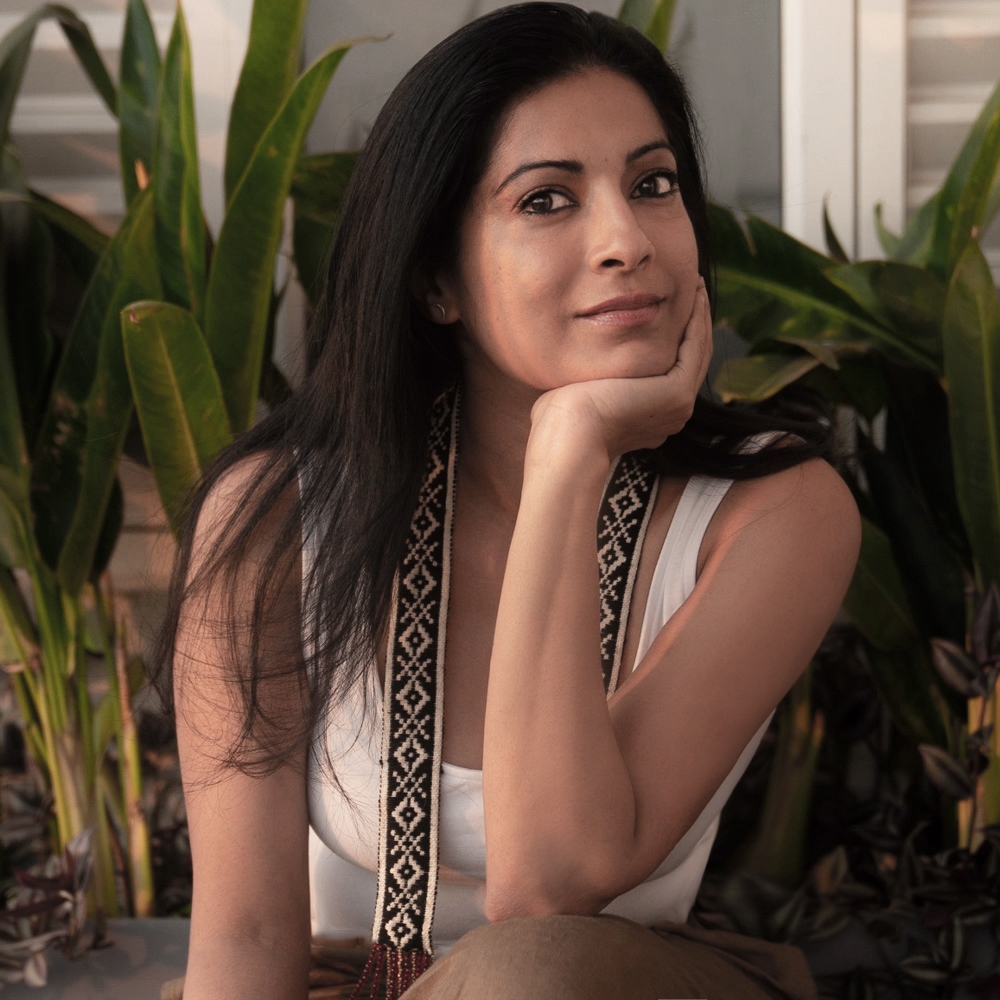WORDS AND PHOTOGRAPHY BYRamya Reddy
When things happen too fast, nobody can be certain about anything,
about anything at all, not even about himself.
~ Milan Kundera, Slowness (1996)

In an Oprah podcast this morning, the German philosopher and teacher of life, Eckhart Tolle, talked about practising living without always having an end goal in sight. His words resonate as usual, helping quell successions of racing thoughts, images and emotions with a smooth celerity. I often come back to this ritual of listening to Tolle to reach for that inner blank-slate state which is so vital in harnessing, judiciously, the most precious of all natural resources: the mind and its vast root-networks that reach far, deep and wide into the subterranean landscapes of endless human potential.
I silence the phone and come back to my run with my heart now tuned to kindness, and my sight on the park’s now-blurring horizon and not on an inane finish line to catapult me into a day that was elapsing before it started. From here, from this place of blank-slate, I find that I can revisit my diary and aid its to-do’s with the tempo I now feel attuned to.

The hysteria of meeting finish lines and weaving each moment into the diary is a chronic affliction of our ‘productive’ times – despite the growing awareness many of us carry inside us: that by choosing a handful of conscious lifestyle shifts over racing against the clock, all that we set out to do can be accomplished just as well… and with elegance and purpose. At the heart of the idea of Slow Living – which is often misconstrued and rehashed casually for only its literal meaning – is the paradigm shift of astutely aligning everyday life to one’s own personal rhythms.
In the succinct words of Carlo Petrini, the Italian founder of the revolutionary Slow Food movement, “Being slow means that you control the rhythms of your own life. You decide how fast you have to go in any given context. If today I want to go fast, I go fast; if tomorrow I want to go slow, I go slow. What we are fighting for is the right to determine our own tempos.” Petrini was at the helm of a global revolution when he started the grassroots Slow Food in 1989, to prevent the disappearance of local food cultures; counteract the rise of fast life; and combat people’s dwindling interest in the food we eat, where it comes from and how our food choices affect the world around us. Over the past few decades, Slow Food has inspired and given rise to several spin off slow groups.
If Slow Living must be summed up in one word, Petrini suggests that it be Balance. Finding balance in life is a gradual mindset shift, wherein one works with the awareness that while there is a definite place for speed, some things cannot, and should not, be sped up. They take time; they need slowness. There is a purpose of love and human connection to the slowness of a family meal, which can well exist within the confines of a busy day. There is a definite purpose to the seven hours of a night’s sleep in fighting chronic disease and fatigue which, as we are well aware, helped precipitate some of the greatest disasters and accidents known to humankind.

A Slow Life is scarcely about a spa day or an evening of hygge; neither is it a luddite idea of dragging the world into a pre-internet idyll. It’s essence really is in how we exist in the spaces between the seams that tie together the mundanities, challenges, pleasures and vicissitudes of life, in a fast-paced world, with both sensitivity and efficiency that can, in turn, help ameliorate the health of our families and communities.
Like a carefully cultivated keystone habit or routine, Slow Life is a daily practice, a fact I am especially aware of right at this moment, as I slip into a pocket of paradoxical overthinking about this very piece that seeks to espouse a sensibly paced life. Before I second guess myself and render the sincere effort at keeping the necessary Slowness in my ideas and thoughts even remotely perfunctory, I let my eyes reach for the summer garden in full bloom — the season drawing out the incandescence of the flowers which glow in the evening rays. The flowers — which exist without a care for prolonged continuance, attuned only to the elements, inform me about what I should do next: walk amongst them, and write them into this page. This, I do with gratitude, leaving my full schedule ahead, undisturbed. It might not always be such a poetic switch out of a nagging state and into one that embodies a Slow ideal. But it pays to persist a little for richer dividends on the time utilised without racing against it.

